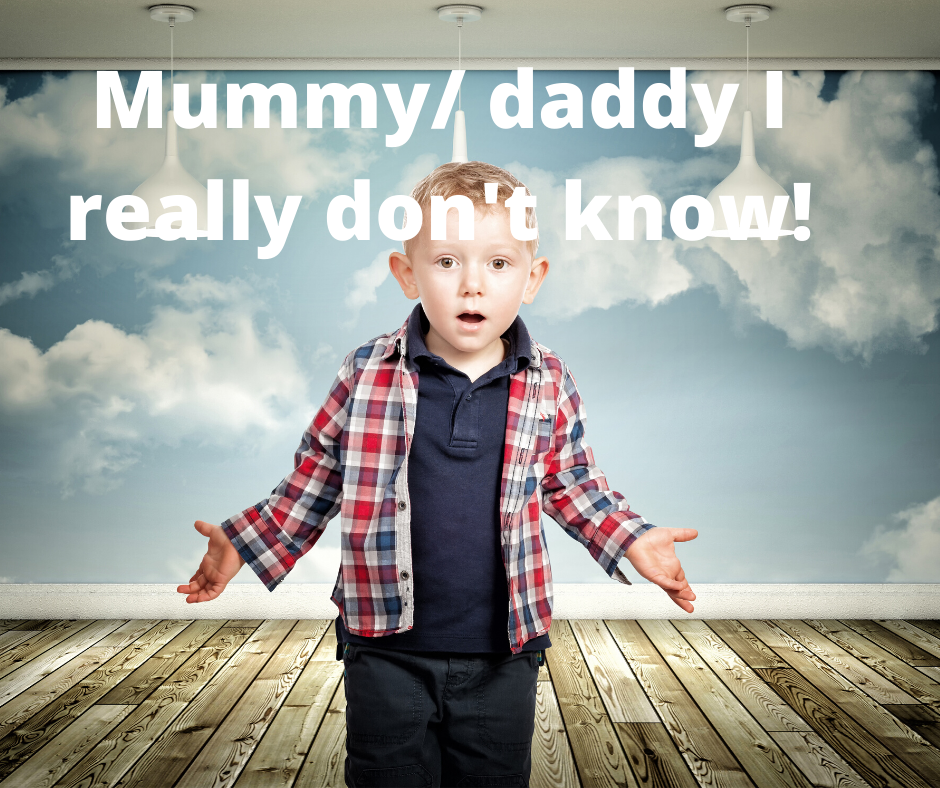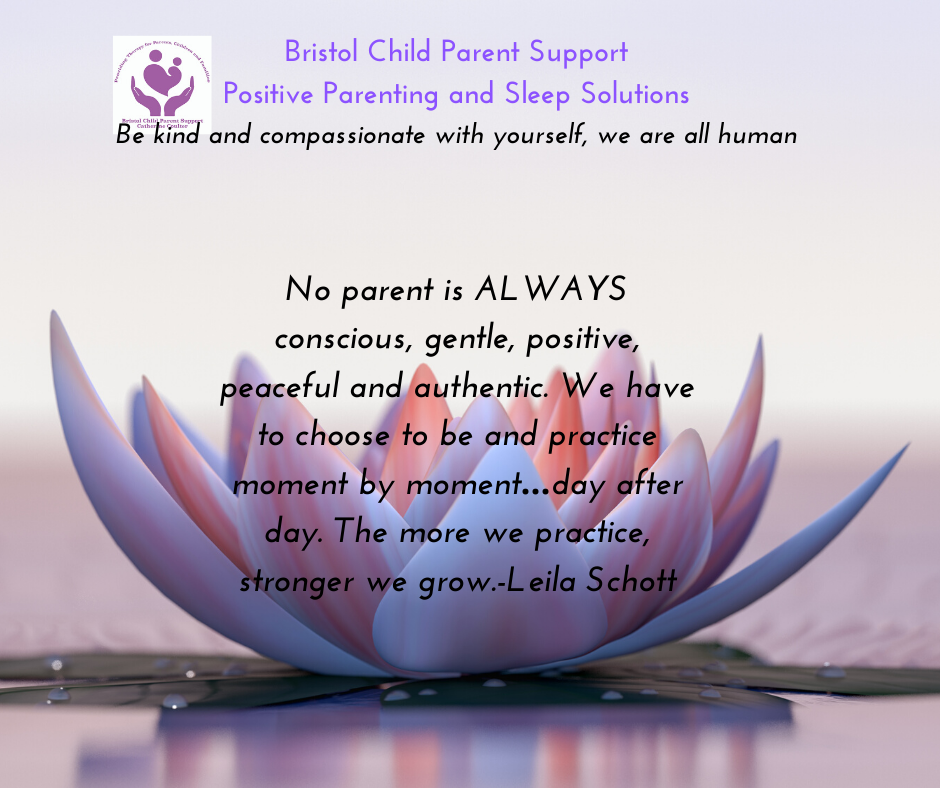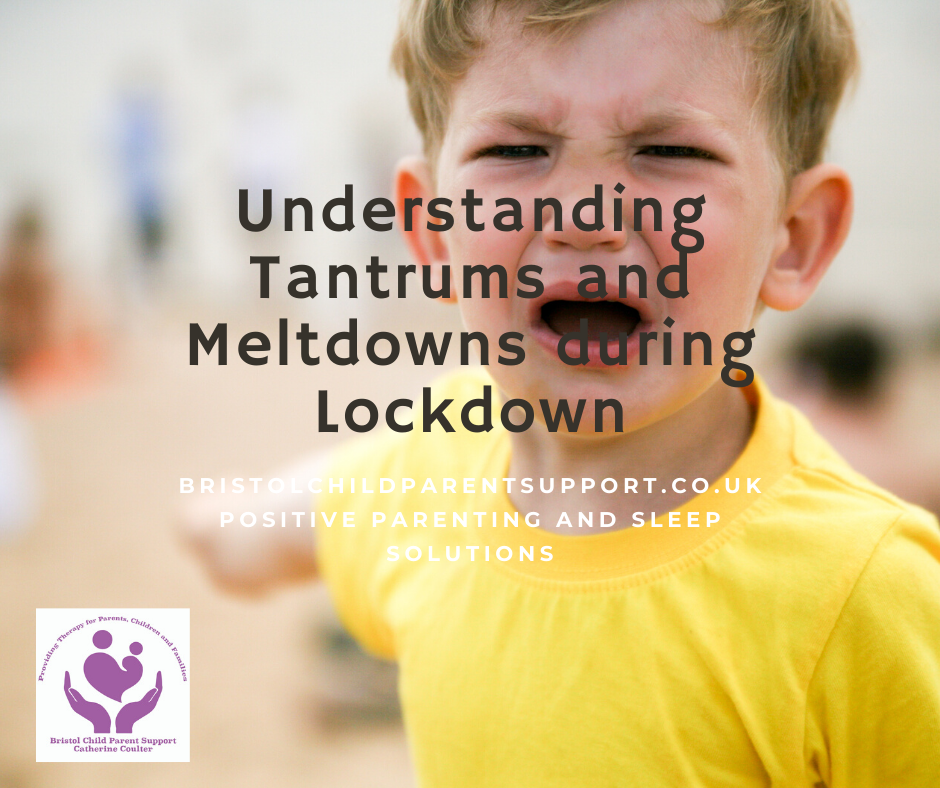Family life and parenting can be stressful and challenging at the best of times. Lockdown comes with its unique challenges. I’ve listened to those challenges during my Saturday workshop and private practice. The majority of parents ask:
- Why does my child behave in this way?
- Is it normal?
- What can we do?
- When would I need to access help?
I hope I can respond to some of those questions here.
What is a Tantrum? They are normal!
Tantrums are storms of feelings, and your child may seem out of control. They are not always about power and control but sometimes distress. They arise because your child’s higher ( upstairs) rational brain is developing the capacity to manage powerful feelings in a socially acceptable way.
Why is it so intense?
Anger, like fear, is a primary emotion. It is biologically based, hardwired, and virtually autonomic. Children have less control over primary emotions. They are limbic creatures, and their amygdala(s) is more in the driving seat. Therefore, they are not born with self-control; they are learning to develop self-control and emotional regulation.

Hence, they can’t link their feelings, thoughts, and behaviour in their early years. When you ask them why you did do that, they don’t know!

The sections of the brain responsible for these areas are not ‘switched on’ in early childhood, starting at 5-6 and going on until 24/5. It’s normal to expect this behaviour from 18 months up to 5. Some children may continue into school age and beyond. They may be suffering from an underlying condition.
Tantrum versus Meltdown
Many child therapists distinguish between the two, but neither are diagnostic terms. If a tantrum is milder, you or your child may be able to calm down, and they may have some control; the duration may be less. A meltdown is an extreme outburst, and your child may be out of control rapidly. You might observe:
- Your child may go from 0-100 in seconds.
- Your child continues to be upset when other children have moved on.
- Your child takes a long time to calm down.
- They continue to cope as they did when they were younger and past their developmental age.
Why is this behaviour escalating?
This is a complex question; however, here are some thoughts to trigger. During the lockdown, children and parents are experiencing:
- Social and Peer isolation
- Change of routines and structure ( no school, more work stress)
- Boredom
- Fear and threat due to COVID 19
- Underlying conditions and special needs
- Parental stress, co-parenting and blended family stress
- Bereavement and trauma
- Societal anxiety
There are so many stressors right now. It is an uncertain time; your nervous system will interact with theirs. Co-regulation is something to work towards in parenting.

What do I do?
Always offer your child a narrative ( story). I’ve spent more than half my lifetime listening and relating to children. They have deep-down feelings and knowings. They think about life and death. I clearly remember what it was like to be a child. I had wonderings and emotions, thoughts that no one knew. Always ask your child what they understand about……and if you don’t know how to respond, it’s alright not to know and say:
Thank you for telling me, I might need more time to think and I will get back to you soon.
1. Safety First Always
You must quickly make it safe if your child hurts you or themselves. You might have to remove them if you are in a park or stop driving until they are calm. Following this, they need to have a clear and consistent limit. It is helpful to discuss a safety plan before an actual meltdown. It’s essential to separate the behaviour from the child. Your child is not bad or unacceptable, but the behaviour is. Sit down and start a series of review meetings. Decide on a consistent plan of action. Discuss a safe place to go or calming techniques. Remember, it will take time and will not change overnight. For ten other ideas, click on the video below.
What’s normal development, and when do I need to access help?
All children have times when they feel and express emotions intensely, especially in lockdown. Therefore, as a professional, I assess the following:
The intensity and length of tantrums or meltdowns, do they:
- Constantly responds to events in a powerful way?
- Reach a high level of intensity of emotion quickly.
- Take a long time to calm down after an upsetting incident.
The duration, are the tantrums and meltdowns due to the COVID-19 lockdown? or have they been prevalent for over six months or more? You may want to consider if:
- The behaviour was/is regularly impacting on home and or school
- They have trouble working out choices, responses, and the effect of the behaviour ( for children beyond the age of six, younger children struggle with this anyway)
- They harm themselves or you regularly or destroy property.
When your child suffers from intense emotions, it can be disempowering, challenging, and much more. Always remember that each of you is doing your very best; they are not a bad child, and you are not a bad parent. You can be empowered to manage them. If you need support, contact me for a Zoom or telephone consultation, or sign up for my newsletter to be notified of blogs, free downloads, a new parent group, and parent workshops soon and in September.
Related Posts.
- https://bristolchildparentsupport.co.uk/15-ideas-to-calm-those-angry-moments/
- https://bristolchildparentsupport.co.uk/understanding-and-managing-meltdowns/
- https://bristolchildparentsupport.co.uk/surviving-and-understanding-tantrum
- https://bristolchildparentsupport.co.uk/easy-words-to-avoid-power-struggles/
- /https://bristolchildparentsupport.co.uk/relaxation-ideas-for-children/
PS. It is mental health awareness week, and #kindness is their theme. Be kind to yourself and others. With much love and gratitude, Catherine



